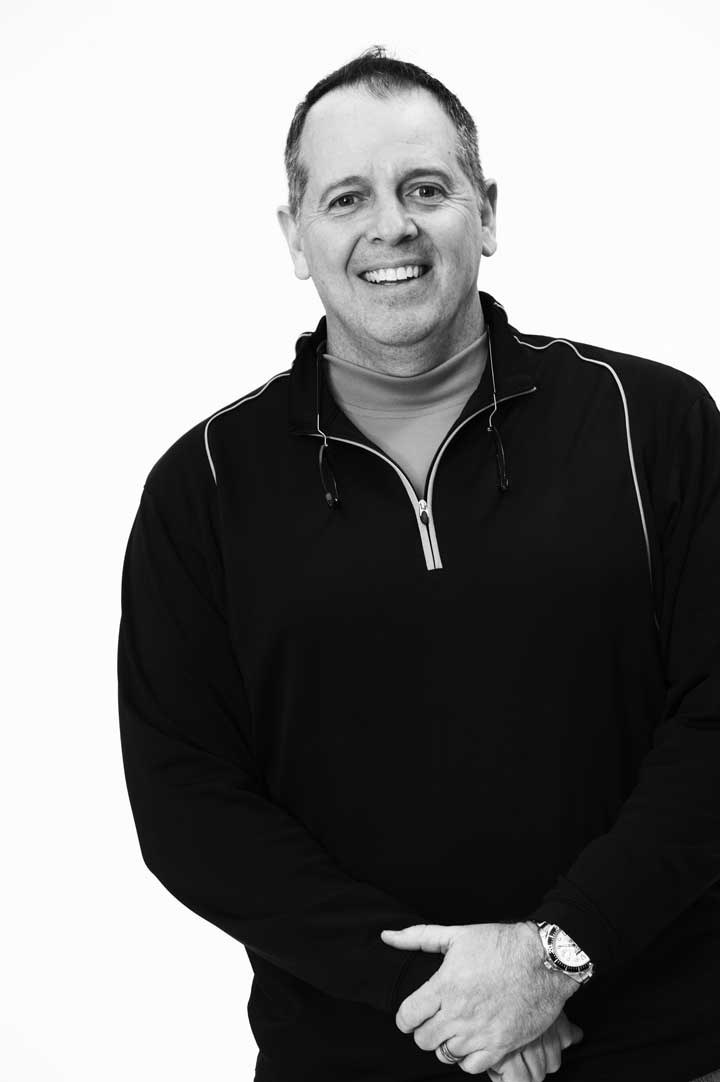Faculty Q & A: Michael Chumley
At the 142nd Convocation in September, the associate professor of biology received the Wassenich Award for Mentoring in the TCU community.

Photo by Leo Wesson
Faculty Q & A: Michael Chumley
At the 142nd Convocation in September, the associate professor of biology received the Wassenich Award for Mentoring in the TCU community.
Editor’s note: This article has been edited for clarity.
Of all the things that professors are asked to do – research, teaching, committee work, etc. – why does TCU value mentorship as much as it does?
Anyone can go to college and earn a degree. TCU values not the number of degrees it awards, but the fact that its students leave with skills necessary to continue to learn, to continue to grow, to continue to adapt and to continue to positively affect our world. These skills are not simply learned in a classroom but are demonstrated band practiced and continually honed by the student-mentor relationship.
How does mentoring students help the overall learning process?
I do a great deal of my mentoring in the research laboratory, and students learn quickly that I expect them to make mistakes. But they do not know why. Then they see me make the mistakes, and they see me learn, and they see me use every avenue to determine why something did not work. And then they realize that it is OK to make a mistake, or for an experiment to give unexpected results. They learn that we must always learn from our mistakes or from unexpected outcomes. Learning never stops, especially following failure.
How do you balance providing guidance with letting students learn the “hard way?”
This one is tricky. Learning the “hard way” in biomedical science is very expensive.
This one is tricky. Learning the “hard way” in biomedical science is very expensive. There have been times when errors have resulted in loss of costly reagents and funding to replace them is short. But, while students no doubt see my frustration, they never leave with the feeling that they have failed. The trick is to teach them that there is always a way. So I let them fail and then try to help them learn how to approach the problem differently the next time.
The phrase teacher-scholar is used often at TCU. What does being a teacher-scholar mean to you personally?
This is a very simple concept. I “live” every aspect of my job in front of my students. They see that I am not happy if I am not always learning, always trying to find a solution to a problem or preparing to teach the best lecture possible.
What do you know now that you didn’t know at the beginning of your teaching career?
My teaching career actually started in the public schools as a teacher and coach. I learned that I am a better mentor then a teacher. Or, maybe I am just happier as a mentor than a teacher. I thrive on interacting on a personal level with students, and it is especially hard when the closest relationships formed are lost after graduation.
What still challenges you about teaching and working with students?
Those [students who] don’t “buy in” and those who don’t budget accordingly. It is difficult when students ask to do research in my lab and then don’t make an effort to work. Or, they may have good intentions, but they have too many good intentions and are attempting to participate in so many different activities that they cannot possibly do any of them justice.

Your comments are welcome
Comments
Related Reading:
Campus News: Alma Matters
TCU’s Library Celebrates a Century
Uncover hidden gems of the academic hub, from vintage mechanics to modern masterpieces.
Campus News: Alma Matters
Infographic: TCU’s Shared Values
The Board of Trustees adopted four TCU values after considering input from more than 4,000 constituents.